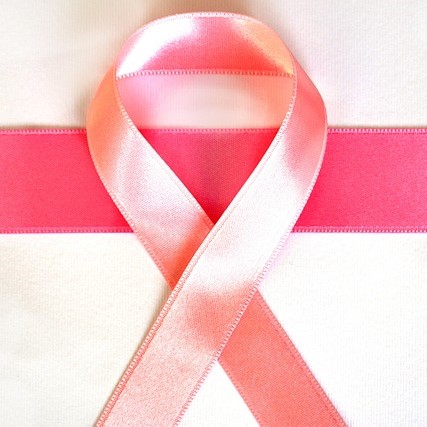What does it really mean to cure cancer?

What does it really mean to cure cancer?
RNfinity | 21-07-2022What it really means to cure cancer?
You may be wondering why, despite the great technological advances that have been made over the years, within science and medicine; including the development of drugs, vaccines, surgeries, and imaging, why it has not been possible to develop a cure for cancer.
Cancer is one of the most feared and the most researched group of diseases and affects almost 1 in 2 people throughout their lifetime, unfortunately shortening many lives and adversely affecting the quality of life of many others. As you will probably be aware, cancer arises when there is a specific set of mutations, or faults, within the DNA of a single cell, leading to the cell not behaving in line with its neighbors and replicating itself uncontrollably.
Cancer is a broad group of diseases that develop along differing paths, though many cancers share common ground in the set of mutations that occur in their initial development, but diversify as they advance and their cells become more unregulated. Faults in DNA can occur during cell division and also due to carcinogens, which are toxic substances in the environment, which damage the DNA. In fact cancer is much more likely to occur in cells which rapidly divide, as mutations can amplify over time. Some cells need to divide to replenish themselves and it is these cells that are more likely to develop cancer. The cells that need to replenish themselves are the ones that are damaged as they are exposed to the environment, for example skin cells, or cells that line the lungs or the gut. These cells are more exposed to carcinogens and divide more rapidly and the combination of these factors greatly increases the risk of cancer in these types of cells.
By contrast some types of cancer are extremely rare, for example cardiac muscle cancer.
The human body already employs many mechanisms to fight cancer, including DNA repair mechanisms and tumour suppressor genes. These order cells to commit suicide if cancer is detected. There is a vast amount of cancer research, and treatment advances have resulted in improved cancer survival, but there is a limiting factor which is the body’s ability to maintain its DNA. Nature's solution is to treat the individual in the species, as it treats the cancer cell in the individual, which is to allow death, or limit reproductive years, as we cannot maintain our DNA indefinitely. Our bodies like everything else are subject to the same chemical reactions that lead to thermodynamic decay, so the solution is to create offspring; shiny brand-new versions of ourselves with pristine DNA, perhaps better versions that have the lessons learnt from our victories, gifted in their DNA.
Our bodies do so much to protect us but ultimately fails and so it sacrifices us to protect the design of our progeny, rather than allowing the DNA of our progeny to decay. In fact, to solve the problem of cancer is to solve the problem of DNA repair, which is to solve the problem of aging, which would mean acquiring immortality, a perhaps unachievable alternative to the solution provided by nature. Now that’s a very big problem.